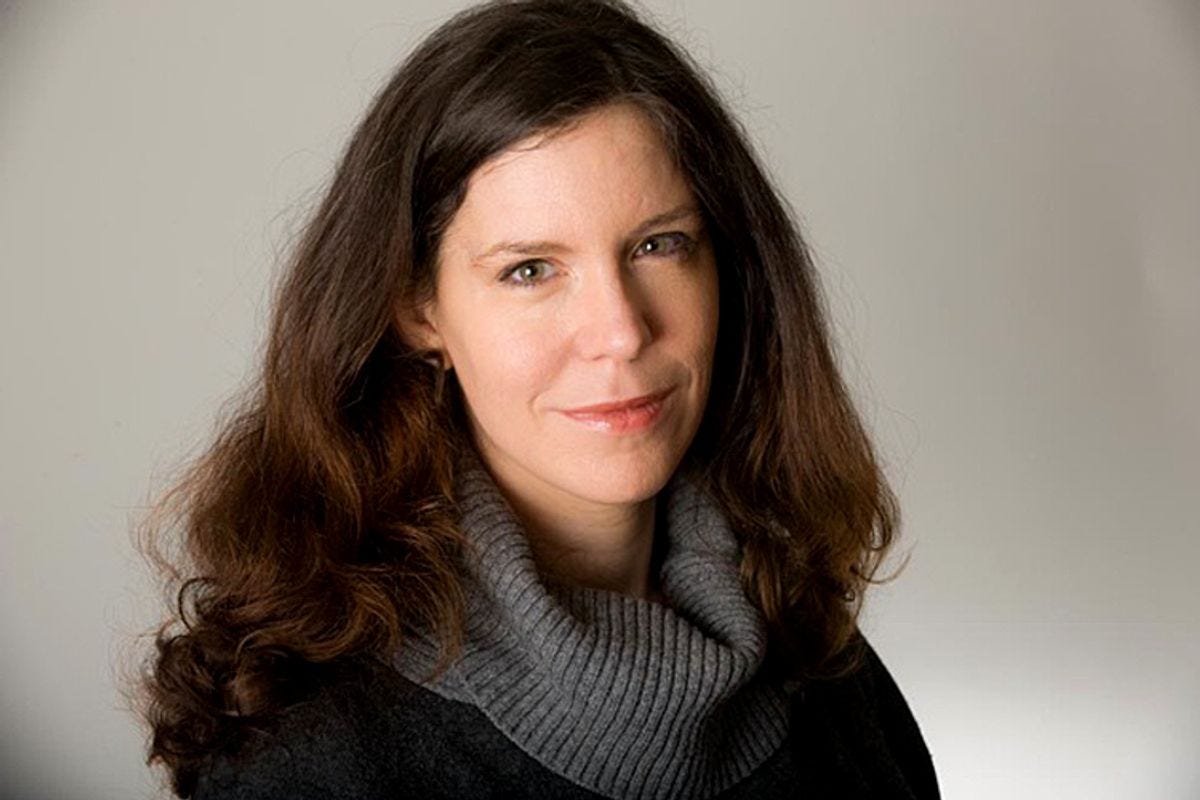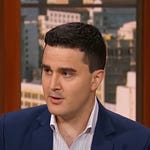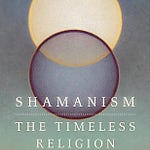This week on Unsupervised Learning author and Washington Post columnist (and former blogger) Megan McArdle join Razib for a wide-ranging conversation reflecting on our reemergence after the year and a half ordeal of COVID lockdowns, rising violent crime rates, defunding policing, and the preposterous genetic distribution on Trantor, capital of Isaac Asimov’s Galactic Empire.
An urbanite who has spent her life in the US’s own imperial capital cities - New York City, where she grew up in the 70’s and 80’s, and Washington D.C., where she now lives - Megan sees a functional law enforcement system as being a prerequisite to urban living. She, like Razib, is old enough to remember when crime and cities were synonymous, and they reflect on the murder spike of the last few years and how it might drive changes to the current pattern of gentrification.
Throughout the conversation, they come back to the theme of generational reference points bracketing our experience and expectations – whether in young children for whom COVID lockdowns represent the majority of their remembered experience or Zoomers who can’t recall a time where network television created a shared narrative reality.















Share this post